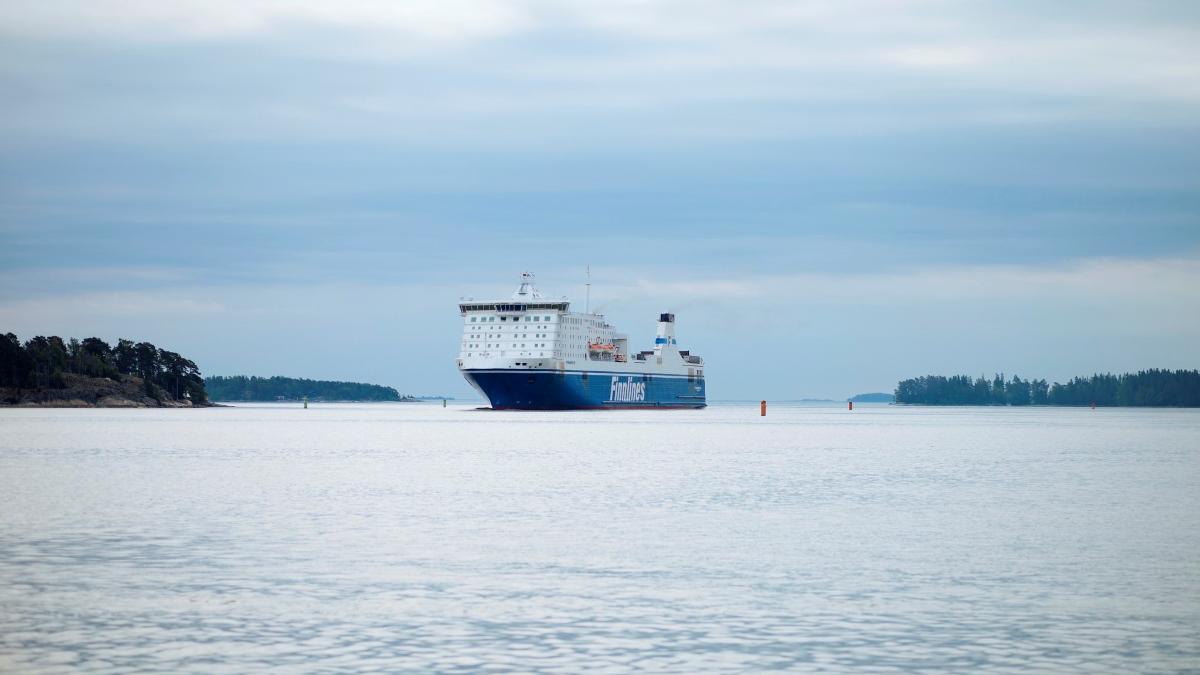The IMO sets more ambitious targets for reducing greenhouse gas emissions from international shipping

The Marine Environment Protection Committee (MEPC) of the International Maritime Organization (IMO) agreed on revisions to the IMO greenhouse gas strategy. The Committee met in London, 3–7 July 2023.
The MEPC agreed on revisions to the IMO greenhouse gas (GHG) strategy. The goal of the revised strategy is to reach net zero greenhouse gas emissions by or close to 2050, taking national circumstances into account.
The revised strategy is considerably more ambitious than the initial strategy adopted in 2018, which called for a 50 per cent reduction in the GHG emissions from ships by 2050 compared to 2008.
As part of the agreement, a development pathway and indicative checkpoints for 2030 and 2040 were adopted. By 2030, GHG emissions from ships must be reduced by at least 20 per cent, striving for 30 per cent, compared to 2008. By 2040, GHG emissions from ships must be reduced by at least 70 per cent, striving for 80 per cent, compared to 2008.
The target levels and indicative checkpoints account for the life-cycle GHG emissions of marine fuels. The goal is to reduce emissions within the energy system of international shipping to prevent emissions from shifting to other sectors.
According to one of the strategy’s goals, at least five per cent of the energy used by ships will come from zero or near-zero GHG emission technologies, fuels or energy sources by 2030. This is the minimum baseline, as the strategy strives for the share to be 10 per cent.
Other details agreed at the meeting include the designation of a particular sensitive area in the northwestern Mediterranean, the adoption of interim guidance on biofuel emissions calculation, and several amendments to the Ballast Water Management Convention.
Next steps in developing and implementing emissions reduction measures
At the MEPC session, the IMO member states reached a consensus on the need to adopt global measures for the reduction of GHG emissions from shipping by 2025. The agreed measures would enter into force no later than 2027.
According to the resolution, global reduction measures for shipping emissions must include a standard for regulating the phased reduction of the GHG intensity of marine fuels and a pricing mechanism for GHG emissions.
The measures will be developed on the basis of a comprehensive impact assessment to ensure they effectively reduce emissions in the sector. Meanwhile, efforts will be made to promote a level playing field and a just and equitable transition to sustainable energy sources worldwide.
Interim guidelines on biofuel emissions calculation
At the MEPC session, the IMO member states adopted interim guidelines on how to account for the carbon emissions from marine biofuels in the energy efficiency design of ships, the fuel consumption reporting to the IMO data collection system, and the carbon intensity calculation of ships.
According to the interim guidelines, the carbon emissions from biofuel use will be determined on the basis of the life cycle emissions of the biofuel. The IMO’s resolution underlines that the guidelines are a temporary and simplified solution. A more comprehensive method will be developed on the basis of the IMO’s guidelines for the life cycle assessment of marine fuels.
What’s next?
Negotiations on global emission reduction mechanisms will continue at the next IMO MEPC session in April 2024.
Inquiries:
Anita Mäkinen, Chief Specialist, Deputy Permanent Representative of Finland to the IMO, Transport and Communications Agency Traficom, tel. +358 40 162 4592, anita.makinen(at)traficom.fi, Twitter @AnitaMakinen
Eero Hokkanen, Ministerial Adviser, Ministry of Transport and Communications, tel. +358 50 476 0401, eero.hokkanen(at)gov.fi, Twitter @eerohokkanen
Press release 16 December 2022: IMO promotes sustainable shipping in the Mediterranean
https://www.imo.org/en/MediaCentre/MeetingSummaries/Pages/PREVIEW-MEPC-80-3-7-July-2023.aspx
https://www.imo.org/



